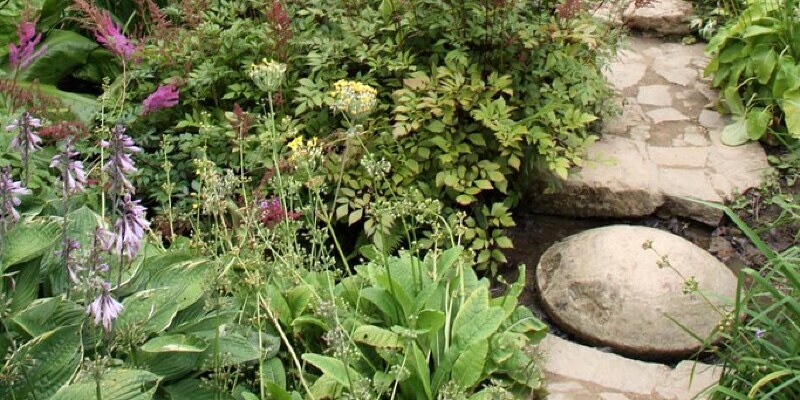
A member of the Bromeliaceae family, pineapple (Ananas comosus) is a tropical plant indigenous to the tropical Americas and the Caribbean. It’s distinguished by a strong, shrublike growth dependency and acidic fruits. Plants have soil and tolerate a selection of conditions as long as they get sun that is bright. A harvest of high-quality, fruits that are sweet , however, requires paying additional attention to soil nutrients. Regular fertilization and planting preparation can do wonders for a berry plant.
Soil Preparation
Exotic plants favor sandy, loamy soil which has a neutral to slightly acidic pH. Prepare soil for pineapple crops by mixing a small amount of organic compost or manure to the soil’s high 12 inches, ideally about one week prior to planting. The mulch helps the soil retain nutrients and water, aiding pineapple plants’ root growth. Applying a thin layer of mulch, such as bark or wood chips , after planting helps to improve the nutrient quality of the top layer of dirt.
Fertilizer
Nitrogen is one of the vital building blocks for young pineapple plants. A dry fertilizer which contains 6 to 10 percent nitrogen, 6 to 10 percent potash, 6 to 10 percent phosphoric acid and 4 to 6 percent calcium functions well. Young pineapple plants should be fertilized every 2 months or so throughout the growing season. If the soil has a pH level, which means it’s alkaline, then a occasional soil drench of iron close to the base of each plant can lower the pH level of the soil and benefit from crops.
Foliar Spray
Fertilizer can be also absorbed by plants through a foliar spray, which is sprayed in their leaves. Because overspraying can lead to foliage burn After foliar spray fertilizer instructions is essential. Pick a fertilizer foliar spray which contains 6 to 10 percent nitrogen, 6 to 10 percent potash, 6 to 10 percent phosphoric acid and 4 to 6 percent magnesium, as well as iron when at all possible. A foliar spray could be applied every two to two and one-half weeks. Micronutrient sprays contain manganese and zinc and are also accessible. Those sprays should be awarded to lemon plants just a couple of times each year.
Warning
When grown in soil that is limey plants suffer. Lime should be added that should be neutralized. Yellow leaves are a sign of chlorosis. Using a foliar spray iron can be helpful, if this condition occurs. Plants shouldn’t be grown since lawn fertilizers aren’t suitable for the plants near lawns. Lawnmowers and grass trimmers also pose a risk to pineapple plants. Lawn sprinklers can overwater pineapples, causing the plants’ roots to rot.
